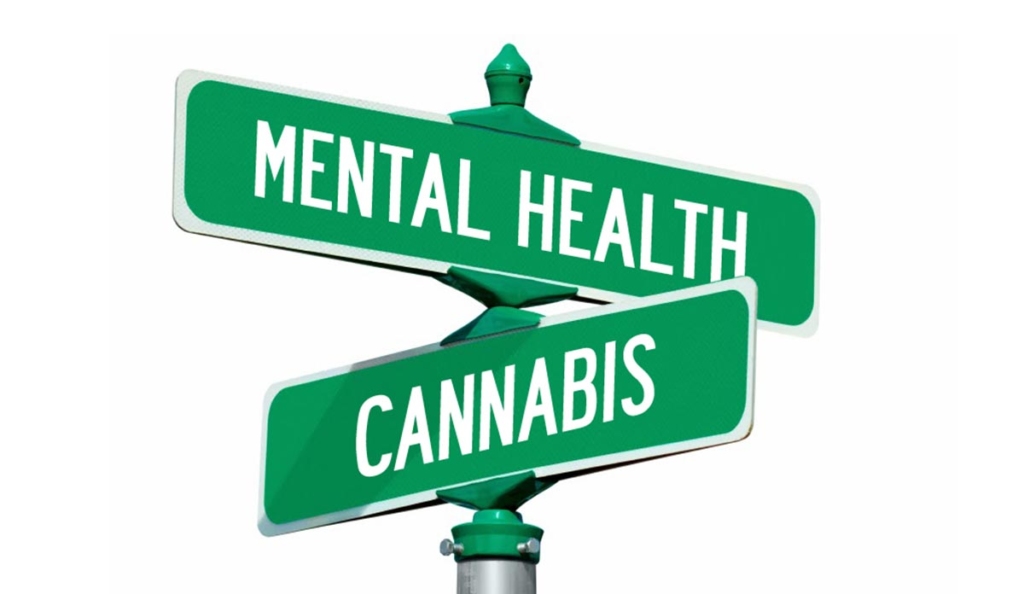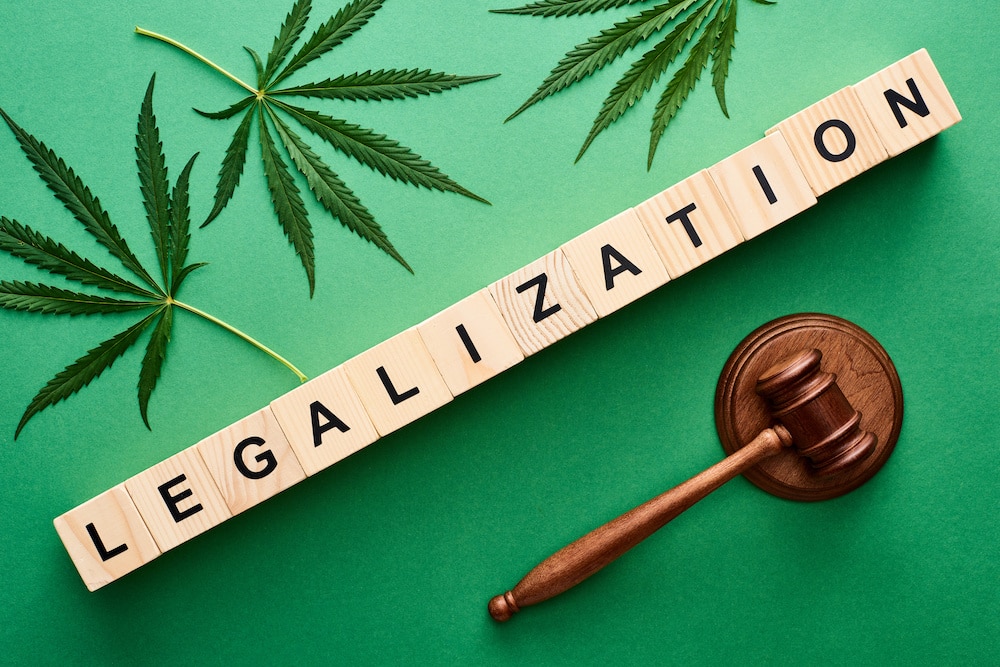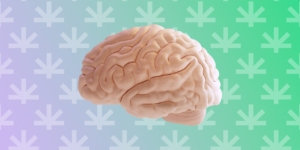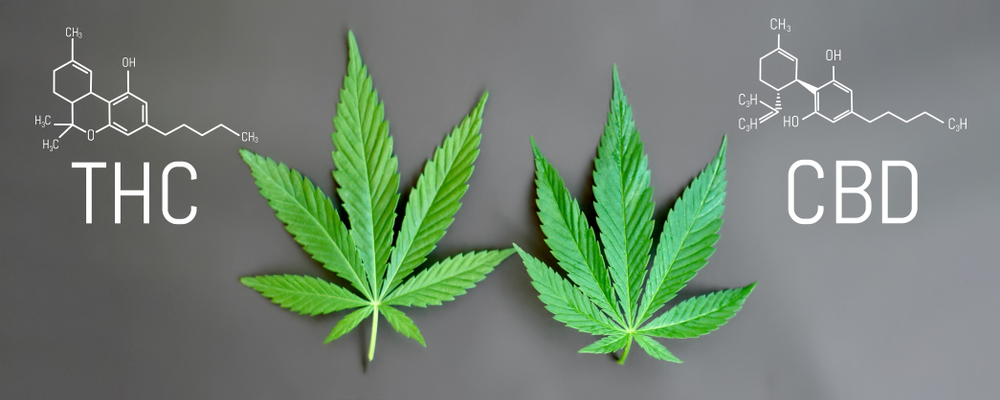
Hemp and CBD are steadily being recognised in the market (Indian as well as the global market).
There is no better moment to take advantage of Cannabidiol’s advantages than now when the CBD industry is just beginning to take off once again (CBD).
The product’s suitability and its abundance of nutrients that are nourishing for the body, health, skin and hair is the reason for the discovery of CBD’s therapeutic advantages, including its role in reducing pain and assistance with a number of medicines.
Products containing CBD are marketed as natural, inexpensive, and safe. They are promoted as treatments for sleep disorders, stress, and mental problems. The usage of CBD as a health supplement for overall wellness is similar to that of cannabis, but is still different!
CBD and Hemp
There are several human laboratory studies and clinical trials (such as single-arm, open-label trials and randomised controlled trials) examining the therapeutic efficacy of CBD.
But first, let us get to know CBD better – What source does it have? How is it produced?
The Cannabis sativa plant contains the chemical CBD naturally. The cannabis plant genus contains a wide range of chemical substances that can have various physiological effects.
The component of cannabis most well known as THC is delta-9-tetrahydrocannabinol. However, hemp, a variety of the Cannabis sativa plant with very little THC present, is where CBD is obtained.
Hemp contains more CBD and less THC than marijuana. This means that CBD is not addictive and does not cause any psychotropic effects as well but marijuana on the other hand does.
Hemp, on the other hand, is a good source of fibre and an oilseedMore than 30 countries cultivate hemp, which is a source of. Drug law enforcement regulations govern production in the US.
How does CBD work
CBD has been utilised for medical and natural cure reasons for ages and its origins can be dated back to 2700 B.C. This is a result of the plant’s interactions with the endocannabinoid system, a modulator that keeps the body in balance under stress.
For example, through modulating the rewarding and motivating effects of substances and substance-related cues, the endocannabinoid system plays a significant part in the basic neurobiological processes underlying substance use disorder.
The Endocannabinoid system consists of cannabinoid receptors, the endogenous ligands that bind to these cannabinoid receptors, and enzymes for their biosynthesis and degradation.
Their broad presence enables them to direct a variety of processes, including cognition, memory, emotion, appetite, and sensory reactions. Even if you don’t consume CBD, the ECS is still present and functioning in your body.
Processes the Endocannabinoid system is linked to:
- Digestion And Hunger
- Metabolism
- Enduring Pain
- Various Immune System Reactions Such As Inflammation
- Mood
- Memory And Learning
- Motor Function
- Sleep
- The Function Of The Cardiovascular System
- Muscular Development
- Bone Development And Remodelling
Use | Effectiveness and Therapeutic benefits
Today, CBD oil may be found in a variety of products, including tinctures, food products, lotions, and capsules.
Scientists and well-known universities have been conducting tests, studies and experiments to have a more accurate opinion about the therapeutic benefits of CBD.
And as we’re aware, CBD is a successful treatment for some forms of epilepsy, and preliminary research indicates promise for treating a range of anxiety problems.
Health Benefits
CBD Could Help Calm Your Nerves
CBD appears to have some benefits when it comes to calming self-reported anxiety. The anxiety levels of 79 percent of study participants reduced in the first month of observation and stayed lower throughout the trial’s three-month run, according to the authors.
Fights Inflammation
According to research published in their findings in Frontiers in Neurology, CBD tends to help reduce inflammation in the body, which might do wonders for your exercise regimen and speed up your recovery.
[CBD] is anti-inflammatory, antioxidative, antiemetic, antipsychotic, and neuroprotective,” the authors said.
Depression
Studies on animals, such as one on mice in which depression was surgically produced, imply that CBD may be used as a depression treatment.
After either brief or prolonged use, the substance clearly has an anti-stress impact. In several studies, CBD has an antidepressant effect.
Conclusion
CBD is becoming more and more popular as a complementary medication.
While there are some encouraging data for the potential use of CBD as an antidepressant and for other ailments in the future, further human studies are required to ascertain its safety and efficacy.
Anyone interested in utilising CBD for depression or anxiety should consult a physician regarding dosage requirements and potential drug interactions.


























